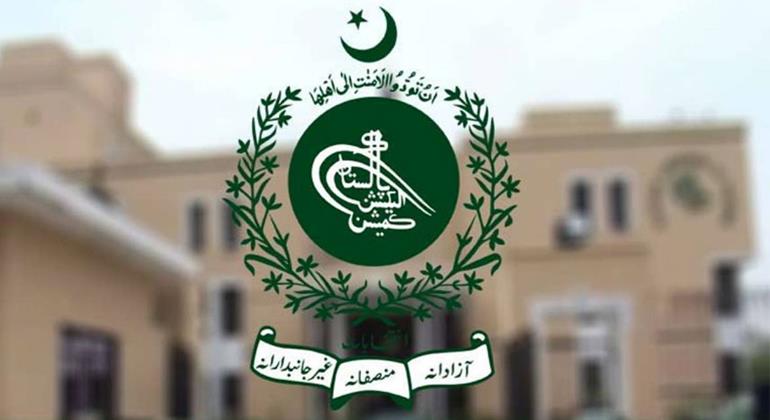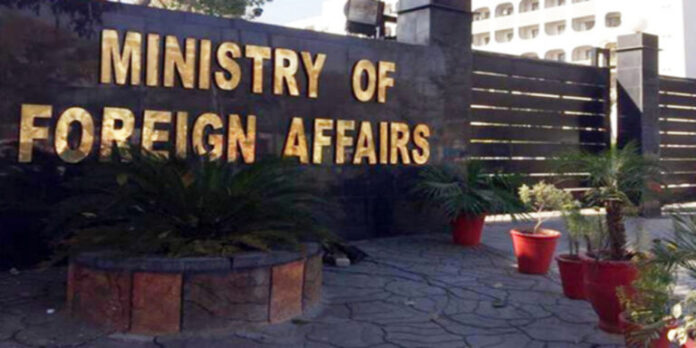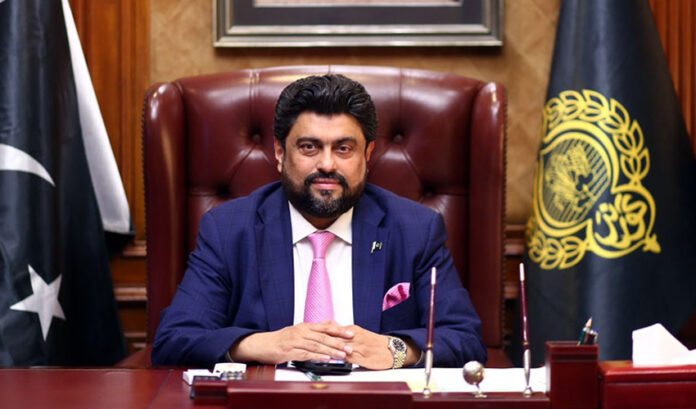ISLAMABAD, July 3 (TNF): The ruling coalition achieved a commanding two-thirds majority in the National Assembly on Wednesday as the Election Commission of Pakistan (ECP) allocated the disputed reserved seats to the PML-N, PPP, and JUI-F, in line with last week’s Supreme Court ruling.
The ECP formally issued notifications for 74 out of 77 reserved seats, distributing 19 seats in the National Assembly, 27 in the Punjab Assembly, 25 in the Khyber Pakhtunkhwa Assembly, and three in the Sindh Assembly. These seats, designated for women and non-Muslims, were initially meant for the Sunni Ittehad Council (SIC), representing the electoral front of PTI.
This decision came after the Supreme Court, through a 7-3 majority on a 10-member constitutional bench, overturned its earlier 8-5 ruling by a 13-member bench from July 12, 2024, which had upheld PTI’s eligibility for reserved seats.
The lion’s share of seats went to PML-N, which gained 43 seats across national and provincial legislatures. The PPP added 14 seats, while JUI-F’s tally rose by 13. PML-Q, MQM-P, Awami National Party, PTI-Parliamentarians, and Istehkam-i-Pakistan Party (IPP) each secured one additional seat.
Among the 19 National Assembly reserved seats, 13 went to PML-N, four to PPP, and two to JUI-F. Three notifications were withheld — for JUI-F’s Sadaf Khan due to an April 22 Supreme Court order, and for PML-N’s Sobia Shahid and Shehla Bano, both of whom had already been sworn in as KP Assembly members.
While the Supreme Court ruling didn’t outline the method for redistributing the reserved seats, the ECP proceeded using its earlier allocation formula following the Peshawar High Court’s verdict, which had briefly been suspended by the apex court last year. This had resulted in the ECP pausing notifications for 77 lawmakers elected on those seats.
With the updated party positions, the PML-N now leads the National Assembly with 123 members, followed by PPP with 74. MQM-P holds 22 seats, PML-Q five, and IPP four. One seat each belongs to BAP, National Party, and PML-Z. The ruling coalition’s total strength is now recorded at 235, including four independents: Chaudhry Usman Ali (NA-142 Sahiwal), Mubarak Zeb (NA-8 Bajaur), Aurangzeb Kitchi (NA-159 Vehari), and Zahoor Hussain Qureshi (NA-146 Khanewal) — all originally PTI-backed independents who switched sides.
The opposition’s numbers in the 333-member house now stand at 98, comprising 80 SIC members, 10 from JUI-F, five PTI-backed independents, and one each from BNP, Majlis Wahdat-i-Muslimeen, and Pashtoonkhwa Milli Awami Party.
In the Punjab Assembly, PML-N’s strength rose from 206 to 229 after securing 23 additional reserved seats (21 for women, two for non-Muslims). PPP now holds 16 seats, up from 14, after gaining one women’s and one minorities’ seat. PML-Q and IPP increased their tallies to 11 and seven respectively by securing one women’s reserved seat each.
In Sindh, PPP’s numbers climbed to 120, gaining one additional seat each for women and minorities, while MQM-P now holds 38 after securing an extra women’s seat.
In KP, JUI-F gained 10 reserved seats (eight for women, two for non-Muslims), bringing its total to 29. PML-N added seven seats (six for women, one for minorities), now holding 26. PPP’s count doubled to 12 after securing five women’s and one minority seat. PTI-Parliamentarians and ANP both added one seat, taking their tallies to five each.



